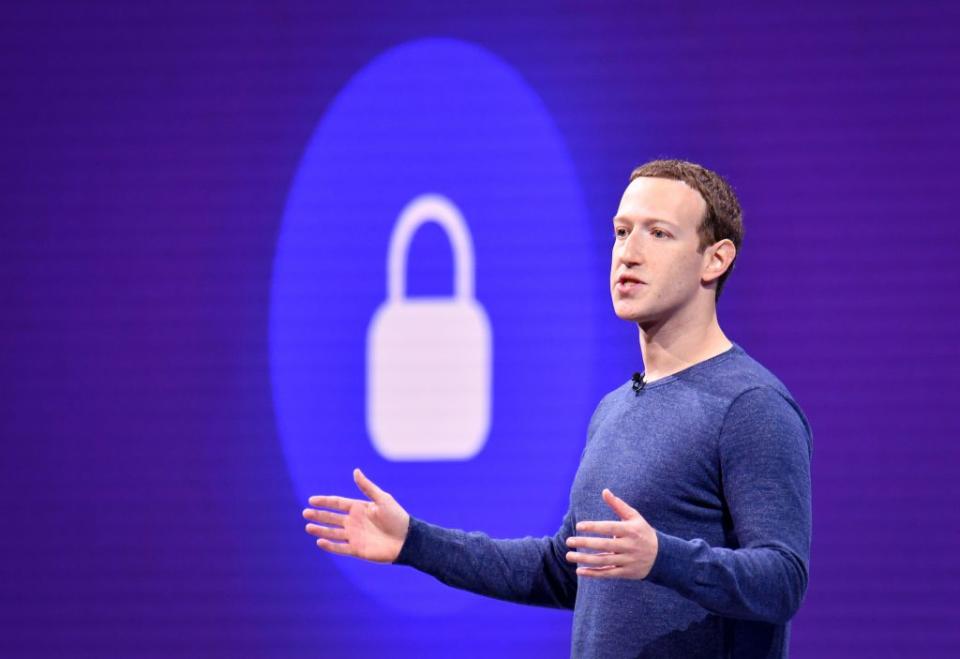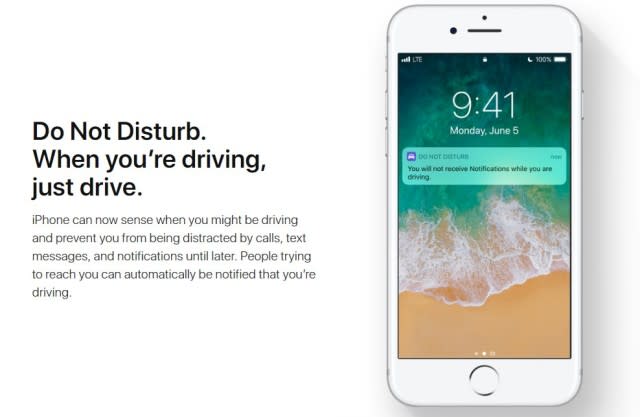Why Apple, Facebook and Google are worried about your ‘digital well-being’

For years, tech companies have moved at breakneck speeds, rolling out experiences and features to draw new users and keep current ones hooked. But companies like Facebook (FB) have recently glommed onto a mindset gaining traction: more time spent on a device or service isn’t necessarily better for the user. On the contrary, increased time on that device, app or website can actually impact your health — a fact tech leaders have acknowledged.
“We’re very focused on making sure that people’s use of technology is good for people’s well-being,” Mark Zuckerberg conceded on Tuesday during an appearance in front of lawmakers from the European Union in Brussels.
Zuckerberg’s acknowledgment comes nearly two weeks after Salesforce CEO Marc Benioff called Facebook the “new cigarettes of our industry” and nearly a month after the Facebook CEO’s appearance before Congress, in which he discussed the social network’s responsibility to build services that are “good for people and good for society.” In early May, Google (GOOG, GOOGL) also announced at its annual developer conference its Digital Wellbeing initiative, a set of features focused on helping Android users manage how they spend their time on their smartphones.
It’s a particularly fraught time for big tech companies, which have come under scrutiny for issues such as data privacy and “tech addiction” — an over-dependence on gadgets and the internet. Several studies have linked long-term use of Facebook with depression and chronic loneliness among some types of people. Meanwhile, our psychological dependence on smartphones has become so complex that just having them nearby can hinder our ability to focus, according to some research.
As a result, companies such as Apple, Facebook and Google are proactively rolling out measures to look after your digital well-being, likely in part to help shore up their public image.
“I do think what Facebook, Apple and Google have done in the last 12-18 months are all positive steps to addressing this issue,” says Gartner analyst Mark Hung. “I think there’s no easy answer. The good news is that the tech providers are looking at ways to address it. Ultimately, if it persists on a negative path, it will affect their bottom line.”
‘They’re more than an appendage’

As devices and services have become more advanced — recognizing friends in photos, scanning our mugs to unlock phones — our consumption of these devices has increased, too.
“To many smartphone owners, they’re more than an appendage — they’re a physical and virtual connection to relevance,” contends Brian Solis, a principal analyst at the San Francisco-based Altimeter Group.
Hyperbolic as that sounds, look at the numbers. The average user checks their smartphone well over 320 times a week according to a study from Deloitte released in November 2017. That number is much higher among users ages 18-24, who check their phones 86 times a day — up from 82 times daily in 2016. The Deloitte survey polled 2,000 U.S. internet users between ages 18 and 75.
Unless you’re a road warrior traveling for work or a high-flying business executive, is it really necessary to engage with your phone that often? Doubtful. But society — at least American society — has conditioned its denizens to feel intense bouts of instant gratification by constantly sending friends emoji-laden messages, playing brief “snackable” games and sending updates into the digital ether that earn likes, comments and retweets.
‘If they have your attention, they can monetize it’

For hardware and software companies, the benefits of increased user engagement are clear. The faster and more fully-featured a smartphone is, the easier it is to run and juggle even the most demanding of apps. And the more compelling or entertaining an app is, the longer you’re likely to use it.
“If they have your attention, they can monetize it,” Solis explained of tech companies’ product strategies until now. “If they have your attention, they can sell into an open funnel in the years to come, which is why you have fanboys and fangirls for Apple.”
Still, no tech company wants to be caught looking like a greedy, thoughtless corporate entity, particularly in a time when society is sensitive to issues such as users’ rights and data privacy. And while it’s incredibly easy to throw all the blame at the feet of these devices and their creators — some of which is well-deserved — some credit should be given where it’s due.
In 2012, Apple launched “Do Not Disturb,” a setting whereby a user’s phone can still receive incoming calls, messages and other notifications, but won’t alert the user until later — keeping the iPhone silent and its screen dark in the meantime. As minor as it sounds, Apple’s (AAPL) “Do Not Disturb” was an acknowledgment from a major tech company that there is indeed life beyond our devices and apps, and that people need just as much actual face-to-face time as they do FaceTime.
Much more recently, Facebook followed suit. Mark Zuckerberg announced this January that the platform’s News Feed will start prioritizing “meaningful social interactions” versus “relevant content,” and that he expects the time people spend on the social network will go down as a result.
“But I also expect the time you do spend on Facebook will be more valuable,” Zuckerberg wrote then. “And if we do the right thing, I believe that will be good for our community and our business over the long term, too.”
Uncoincidentally, Google’s own Digital Wellbeing features arrived roughly five months later.
So while big tech’s motivations obviously aren’t purely altruistic in nature, they at least suggest companies are more conscientious about the effects they’re having on users, which is something, at least.
—
JP Mangalindan is the Chief Tech Correspondent for Yahoo Finance covering the intersection of tech and business. Email story tips and musings to jpm@oath.com. Follow him on Twitter or Facebook.
More from JP

